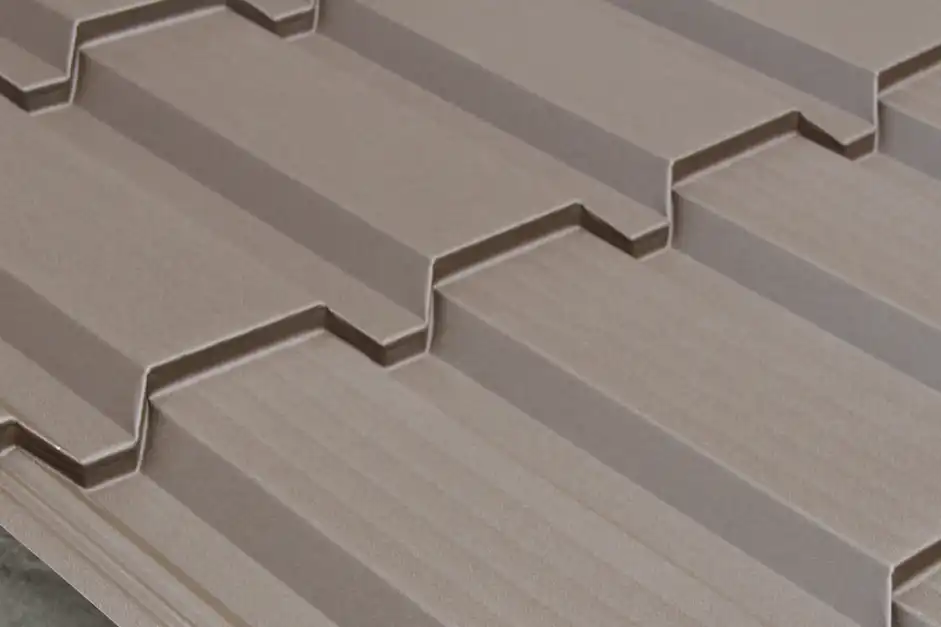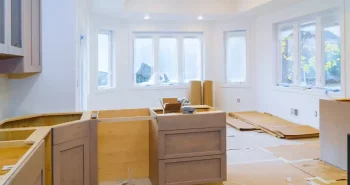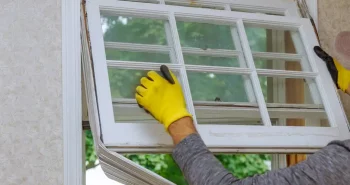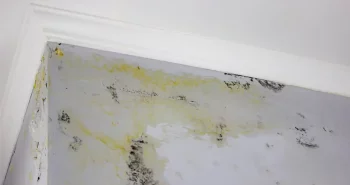Metal roofing has become an increasingly popular choice among homeowners and builders alike. As people seek more sustainable and long-lasting roofing options, metal roofs offer numerous advantages that set them apart from traditional materials. However, there are still a lot of questions surrounding metal roofs. Here, we aim to answer some of the most common questions about metal roofing.
Frequently Asked Questions About Metal Roofing
You may have heard some of the pros and cons of metal roofing but still have unanswered questions. To help you better understand whether this is the right option for you, here are the answers to some common metal roofing questions.
How much are metal roofs compared to an asphalt shingle roof?
Metal roofs generally have a higher upfront investment than asphalt shingle roofs. On average, you can expect to pay two to three times more for metal roofing materials and installation than you would for more traditional options.
Asphalt shingles typically cost between $100 and $200 per square (100 square feet), with the average roofing cost being $12,500. Of course, these numbers vary depending on the type of material, the size of your home, and the price of roof installation in your area.
Metal roofing costs can range from $100 to $1,500 per square foot, depending on the type of metal used. This creates an average range of anywhere from $8,500 to $68,000. However, the long-term value of a metal roof is often much higher than an asphalt roof. Metal roofs have a significantly longer lifespan and lower maintenance costs, which can offset the higher upfront investment. You can learn more about metal roofing costs here.
How long do metal roofs last?
Metal roofs are renowned for their durability and longevity. On average, a well-installed metal roof can last between 40 to 70 years and, in some cases, even longer. The longevity of a metal roof depends on several factors, including the type of metal used, the quality of installation, and the local climate. Metals like copper and zinc can last nearly 100 years, while steel and aluminum can easily provide several decades of reliable service.
This lifespan is significantly longer than traditional asphalt shingles, which typically last between 15 and 30 years, depending on geography, materials, maintenance, and installation.
Do metal roof panels attract heat?
Contrary to popular belief, metal roof panels don’t necessarily attract heat. In fact, metal roofs can reflect more solar radiation than asphalt shingles, which absorb and retain heat. Plus, the metal roofing’s coating typically utilizes reflective properties to help minimize heat absorption and maximize energy efficiency.
Are metal roofs energy efficient?
Yes, metal roofs are highly energy efficient. They reflect a significant portion of the sun’s rays, which can help keep your home cooler during hot weather, reducing the need for air conditioning and lowering energy costs. When properly installed, new metal roofs can reduce cooling costs by up to 25% during hot weather.
Metal roofs also often include thermal breaks and insulation, enhancing energy efficiency. In colder climates, metal roofs can also help retain heat, contributing to overall energy savings year-round.
Is installing a metal roof environmentally friendly?
Installing a metal roof is an environmentally friendly choice for several reasons. Metal roofing materials are often made from recycled materials and are fully recyclable at the end of their lifespan. This reduces waste sent to landfills compared to asphalt materials, which are typically not recyclable.
Additionally, metal roofs’ energy efficiency helps lower energy consumption as a homeowner, which can reduce greenhouse gas emissions and decrease your carbon footprint.
The long lifespan of metal roofs also means fewer resources are required for replacements, contributing to sustainability over time.
Are metal roofs for your home loud?
Although this is a common question about metal roofing, the answer is surprising. Many people think of old sheet metal on a barn and the noises that follow. However, when properly installed with the appropriate insulation and underlayment, metal roofs are no noisier than other roofs during heavy rain or hail. Modern metal roofing systems include sound-dampening layers that help minimize noise.
Are metal roofing systems too heavy for certain homes?
Metal roofing systems are generally lightweight compared to other roofing materials like tile or slate. Metal roofs can be up to 50% lighter than asphalt shingles and 75% lighter than traditional tile or slate roofing.
This makes them suitable for a wide range of structures without additional structural support. Still, it’s always advisable to consult a professional roofing contractor to ensure your home’s structure can support the specific metal roofing system you plan to install.
Are there different metal roof styles to choose from?
Yes, there are tons of different residential metal roofing styles that homeowners can choose from. Due to its versatility, metal can actually mimic any style and finish you’d like, from typical shingle roofs to slates and tiles. There is also a wide range of colors you can choose from to make metal roofing seamlessly blend into your home’s aesthetic.
Can metal roofs be easily damaged by hail or extreme weather?
Metal roofs are highly resistant to damage from hail and extreme weather conditions. They’re designed to withstand severe weather events, and the materials are incredibly durable. Plus, they carry a degree of fire resistance, which can protect homes in areas prone to wildfires.
Do metal roofs withstand high winds?
Yes, metal roofs are exceptionally resistant to high winds. With proper metal roof installation, they can withstand wind speeds up to 140 miles per hour or more. The interlocking installation methods and fasteners used on metal roofs can help prevent wind uplift and damage. This makes them a reliable choice in regions prone to hurricanes and strong storms and can give you strong peace of mind in otherwise scary situations.
Are metal roofs safe from lightning strikes?
Metal is a non-combustible material, so it does not catch fire easily. Moreover, metal roofs don’t increase the likelihood of a lightning strike. In fact, if lightning were to strike a metal roof, the metal would safely disperse the energy throughout the structure without causing a fire or other damage. Plus, modern metal roofing projects include grounding the structure to ensure their safety during thunderstorms.
Will metal roofs repel heavy snow?
Metal roofs are excellent at handling heavy snow loads. Designs with a smooth surface and steep pitch allow snow to slide off easily, preventing excessive accumulation. This reduces the risk of roof collapse due to the weight of the snow. Many metal roofs installed in areas prone to heavy snow are also complete with features like snow guards to reduce the risk of ice dams.
Do metal roofs interfere with cell reception or Wi-Fi?
Metal roofs don’t typically interfere with cell reception or Wi-Fi signals. While metal can reflect and block certain signals, modern communication technologies are designed to penetrate through buildings, including those with metal roofs. In most cases, any potential interference can be mitigated with the proper placement of routers and signal boosters.
Homeowners rarely notice any significant difference in cell or internet performance due to a metal roof. If there are concerns, consulting with a professional can help optimize signal strength within the home.
Are metal roofs more maintenance than traditional asphalt shingles?
Metal roofs generally require less maintenance than traditional asphalt shingles. Typically, you’ll want to schedule periodic inspections to check for damage, clean gutters, and ensure the fasteners and panels are secure, especially after severe weather. However, you won’t have to worry about curling, mold, granule loss, or missing shingles.
How can you find a reputable metal roofing contractor?
Finding a reputable metal roofing contractor is one of the most important aspects of installing a new roof. Doing so can make a huge difference between cost, durability, longevity, and appearance. You can ask for recommendations or check online reviews and ratings on sites like Yelp, Google, and the Better Business Bureau.
Once you have some potential contractors, take the time to verify licensing, insurance, and certifications specific to metal roofing. Ask for references or a portfolio of past work to help you better understand what to expect. By conducting thorough research and due diligence, you can find a qualified contractor who will install your metal roof correctly and professionally, reducing the risk of long-term complications or problems.
When looking for a reputable company to install your metal roof, contact First Star Exteriors. Our team knows what it takes to properly install a metal roof and reduce unnecessary issues for your home. Plus, our professionals always take the time to understand your needs and communicate effectively from the first quote to the last nail. To learn more about our roofing options or to get a quote from us today within 48 hours, contact us at (479) 267-4800 or fill out our contact form here.





